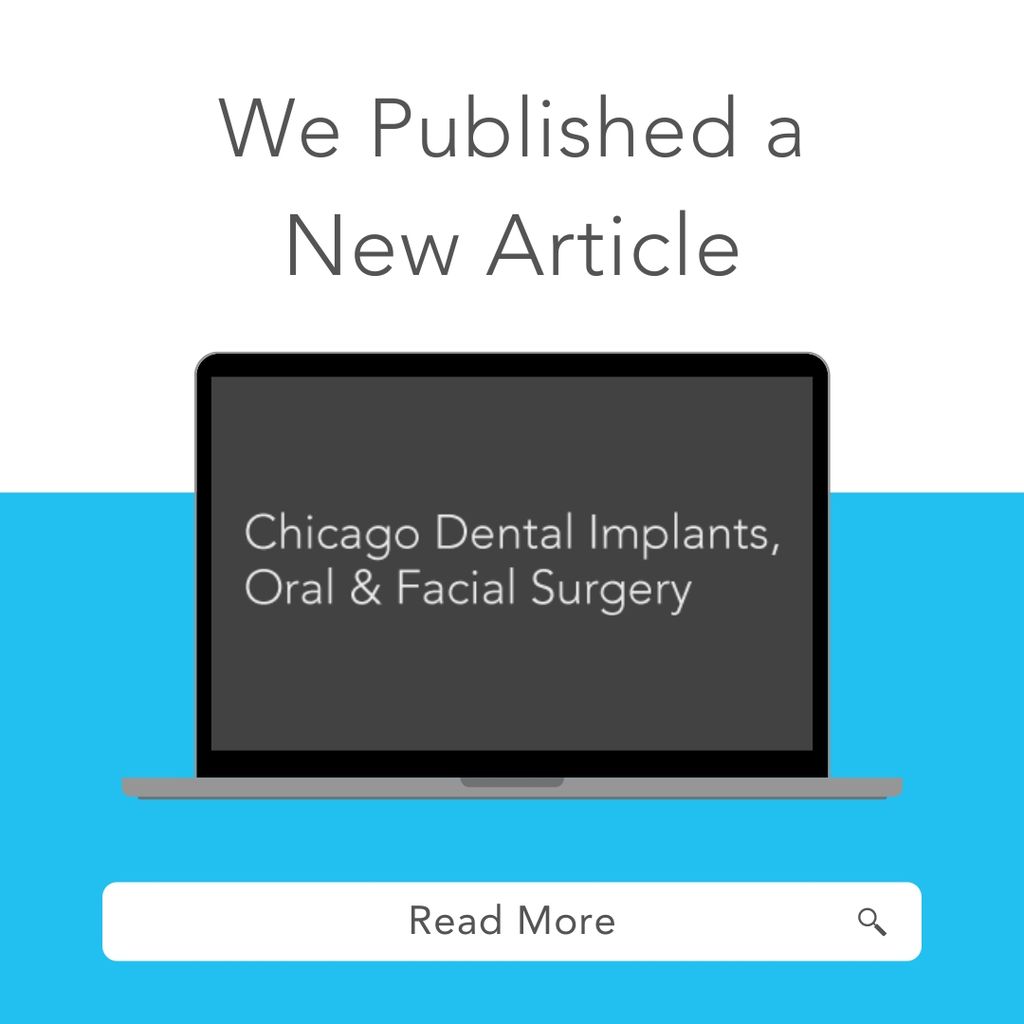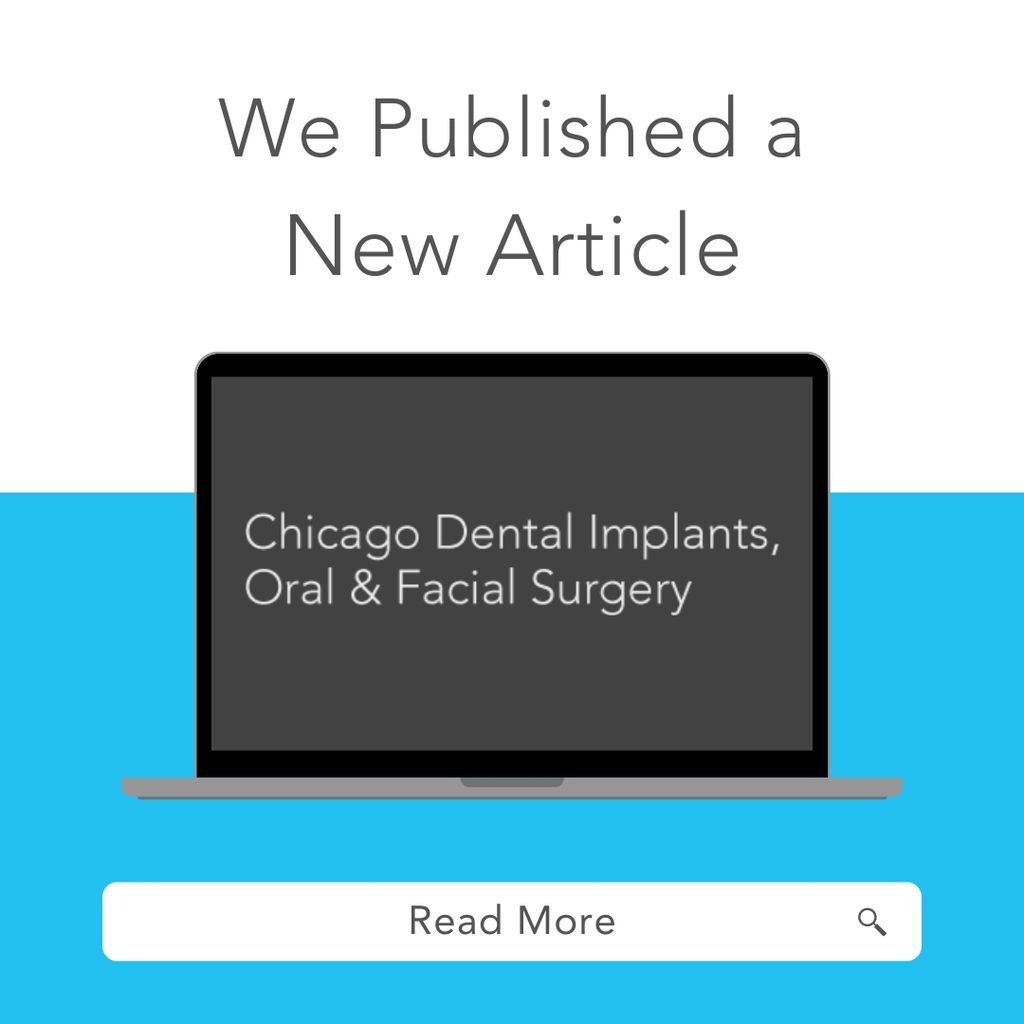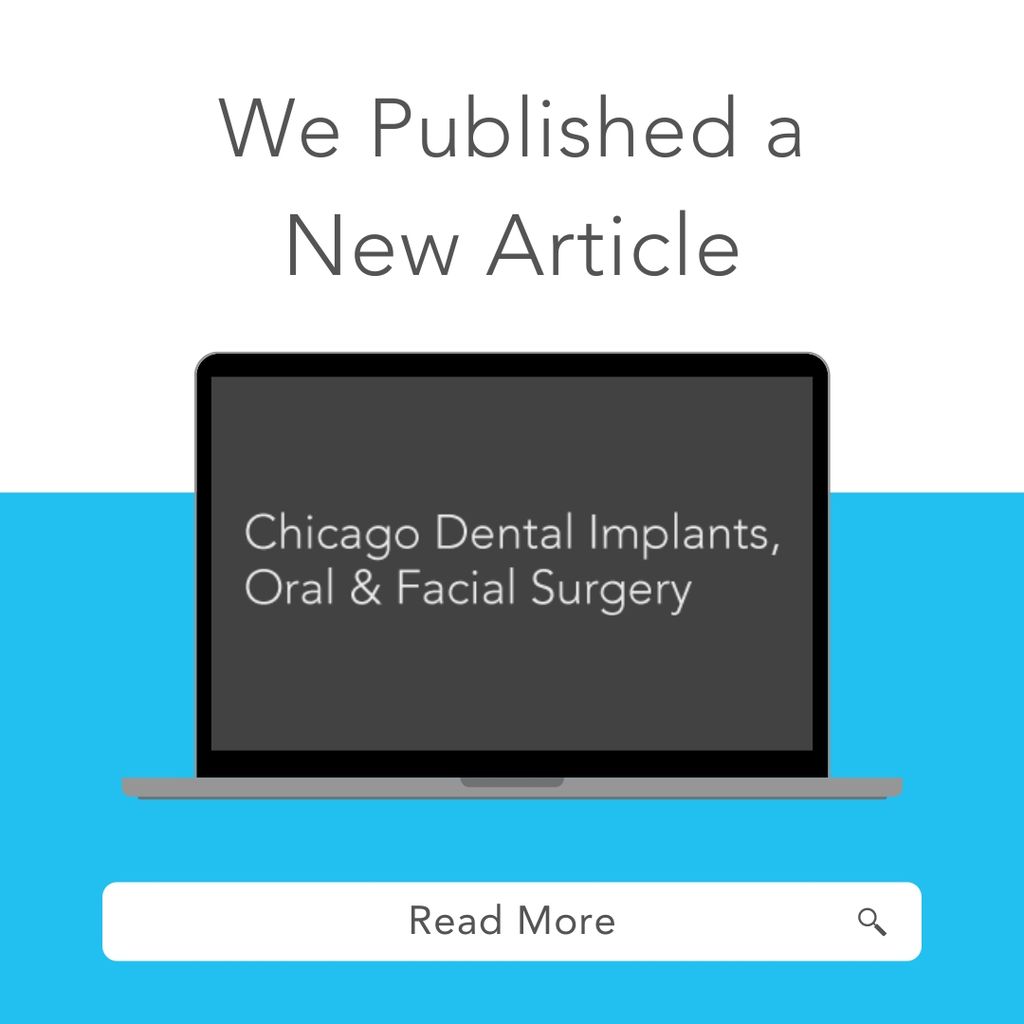Finding an effective solution for missing teeth is crucial for maintaining oral health and overall well-being. Dental implants have emerged as a superior option, offering significant advantages over traditional dentures or bridges. At Chicago Dental Implants, Oral & Facial Surgery, we specialize in providing high-quality dental implants tailored to individual needs. Located in Orland Park, Illinois, our team is dedicated to restoring not only the function of your mouth but also your confidence.
Dental implants serve as artificial tooth roots, providing a stable foundation for replacement teeth. They integrate with your jawbone, mimicking the stability and function of natural teeth. This unique property helps prevent the common issue of bone loss that often occurs when teeth are missing. When choosing us for your dental implant needs in Orland Park, you can expect unparalleled expertise from our skilled oral surgeons. Our board-certified professionals utilize state-of-the-art techniques to ensure a successful procedure and optimal results.
One of the primary benefits of dental implants is their ability to restore functionality. When a tooth is missing, chewing can become difficult and uncomfortable. Dental implants not only restore the ability to eat a wide variety of foods but also help in maintaining speech. Patients often report a renewed sense of normalcy in their daily lives, contributing to better overall health and quality of life.
Another compelling reason to consider dental implants is their long-lasting nature. With proper care and maintenance, implants can last a lifetime. Unlike dentures, which may require frequent adjustments and replacements, dental implants offer a permanent solution that is both cost-effective and practical in the long run. As indicated by many satisfied patients, our commitment to providing reliable and effective treatment options has positioned our clinic as a top choice in Orland Park. One patient shared their experience saying, “The staff at Chicago Dental Implants transformed my smile and my confidence. I can finally eat without worries!”
Choosing dental implants also aids in preserving the structure of your jawbone. When a tooth is missing, the bone that previously supported the tooth begins to deteriorate, which can lead to changes in the shape of the face over time. Dental implants stimulate the jawbone similarly to natural teeth, helping to maintain its density and shape. This crucial benefit demonstrates that dental implants are more than just a cosmetic fix; they promote long-term oral health.
At Chicago Dental Implants, we understand that each patient’s situation is unique. We take the time to evaluate individual needs and preferences, providing a personalized approach to treatment. Our commitment to patient care, combined with the latest advancements in oral surgery, sets us apart from the competition. Visit our website to learn more about our services and the benefits of choosing us for dental implants.
Additionally, dental implants have been shown to provide important psychological benefits. Many patients experience improvements in self-esteem and confidence after receiving implants. A restored smile can lead to enhanced social interactions and a more positive self-image. The transformation goes beyond dental health; it addresses the emotional aspects of having a beautiful and functional smile.
In summary, dental implants offer a reliable, effective, and aesthetically pleasing solution for missing teeth. They restore function, prevent bone loss, and provide long-term benefits that significantly enhance a person’s quality of life. With the specialized care of our oral surgeons at Chicago Dental Implants, individuals can achieve their desired results with confidence.
For those considering dental implants in Orland Park, now is the perfect time to learn more. Reach out to our team to schedule an appointment or ask any questions by visiting our appointment page. Let us help restore your smile and improve your oral health today.
The information provided on this website is for general informational purposes only and is not intended as professional advice. While efforts are made to ensure the accuracy of the content, no liability is assumed for any harm or misunderstandings that may result from the use of this information. This disclaimer applies to all content published on this website.









